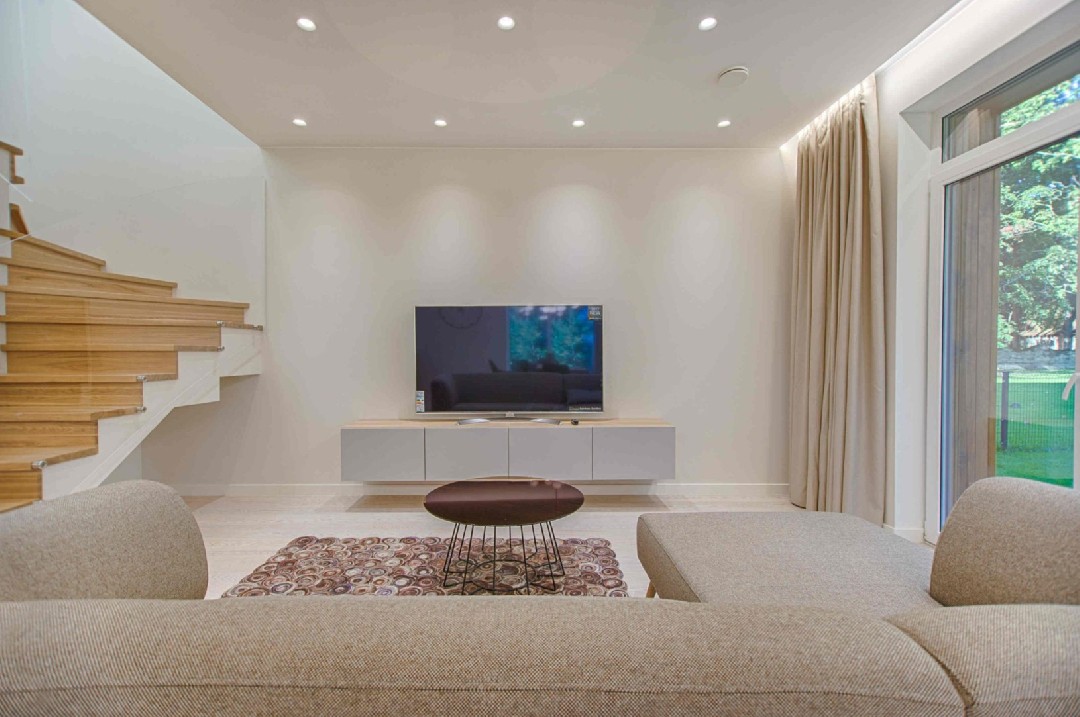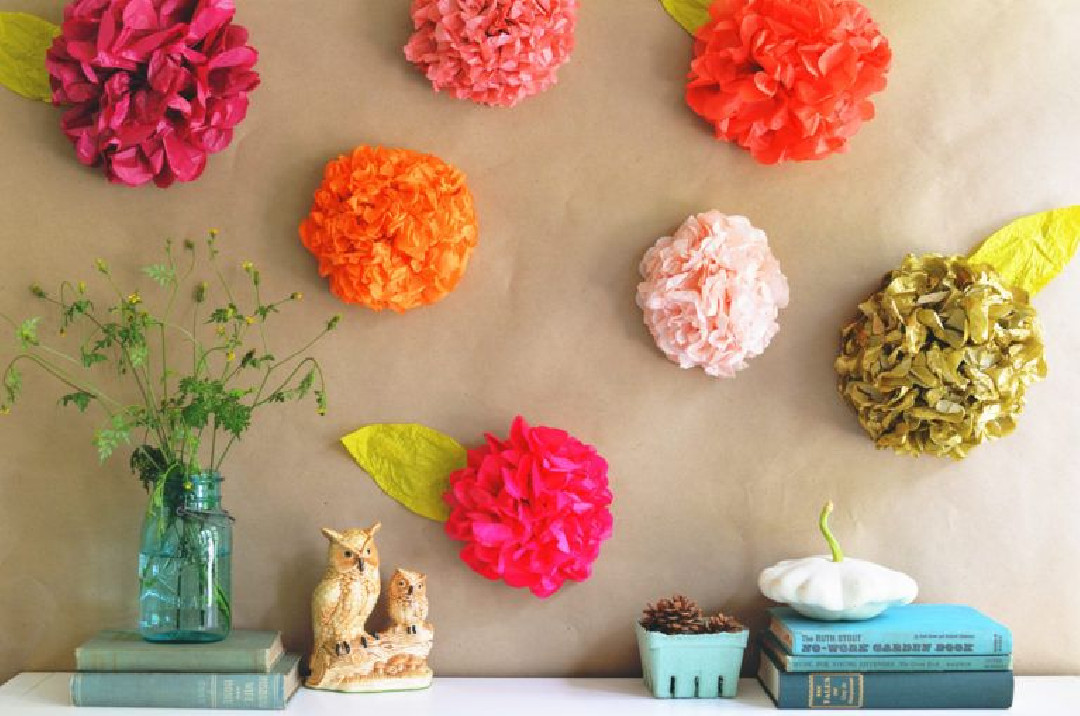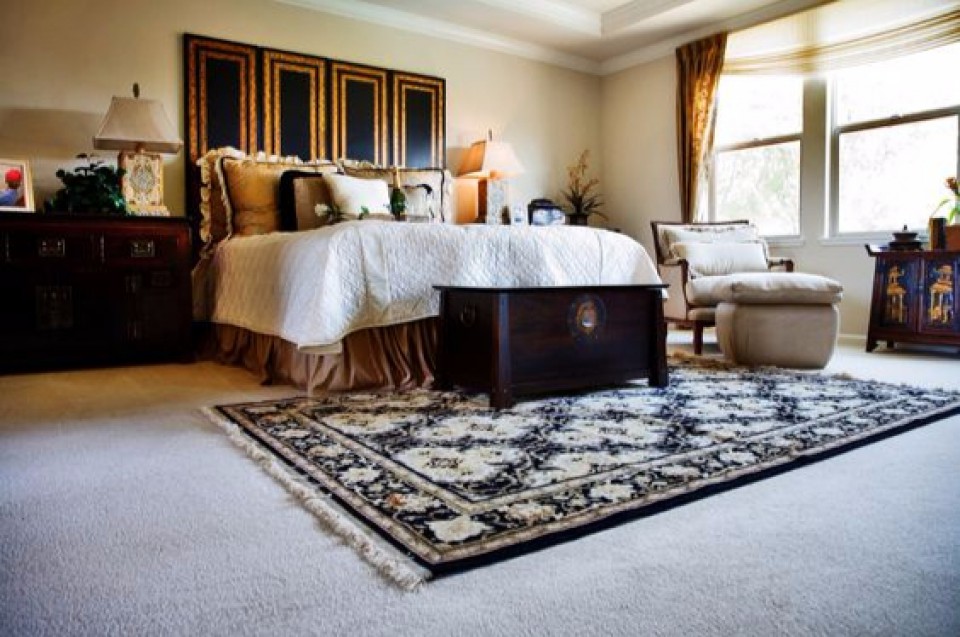Decorating Your Home with Korean-Style Indoor Plants: Create a Fresh, Natural, and Relaxing Atmosphere
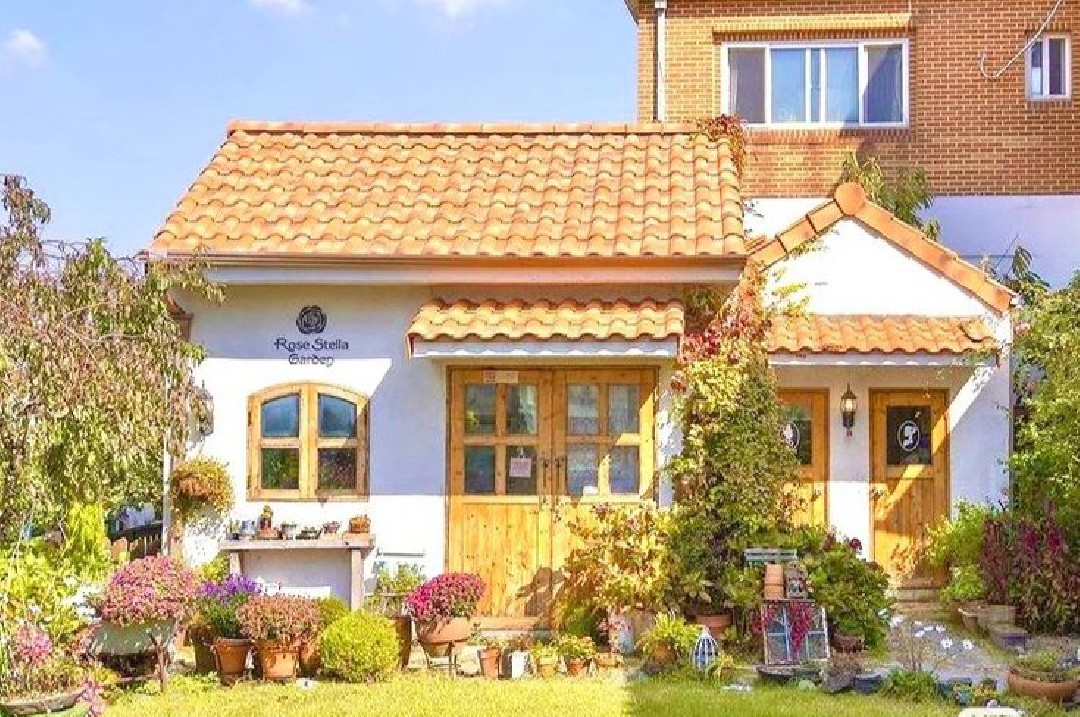
The Korean minimalist lifestyle has spread to various aspects of life, including home decoration trends. One of the prominent characteristics is the use of indoor plants to bring a fresh, natural, and relaxing atmosphere. More than just room decorations, indoor plants offer health benefits such as improving air quality, reducing stress, and creating a more relaxed atmosphere.
Uniting Nature with Interior: The Philosophy Behind Korean Indoor Plants
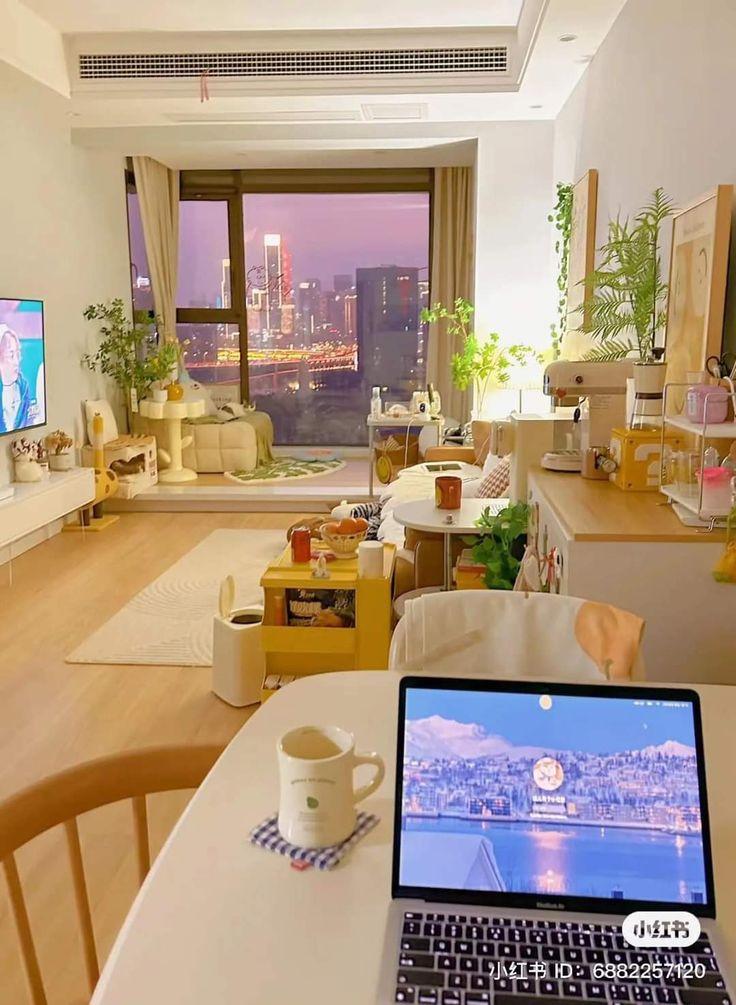
The concept of balance and harmony between humans and nature is an important principle in Korean culture. This is reflected in the philosophy of Hanok (traditional Korean house) which integrates natural elements into its design. The Korean indoor plant trend continues this tradition by bringing the freshness and tranquility of nature into modern living spaces.
Tips for Choosing the Right Indoor Plants for Your Home
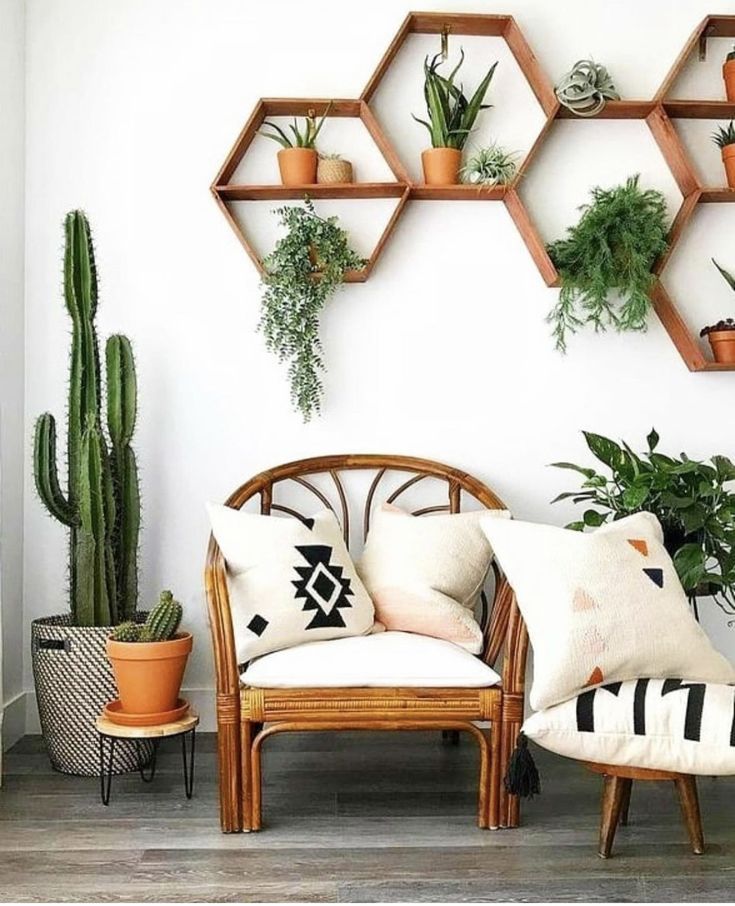
Successful home decoration with Korean-style indoor plants begins with choosing the right plants. Here are some factors to consider:
-
Room Conditions: Each room has its own characteristics, such as natural light levels and humidity. Match your plant choices with the room conditions. For example, for rooms with low light, choose low-light tolerant plants such as Sansevieria (mother-in-law's tongue) or ZZ plant.
-
Room Size: Avoid placing large plants in a small room as it can make the room feel cramped. Conversely, for large rooms, you can use taller and more leafy plants to create accents and fill empty spaces.
-
Lifestyle: Choose plants that are easy to care for and suit your lifestyle. If you travel frequently, succulents or cacti that are drought-tolerant can be a good choice. Conversely, if you enjoy gardening, you can choose plants that require more intensive care, such as hanging plants or orchids.
Popular Indoor Plant Varieties for Korean-Style Decor
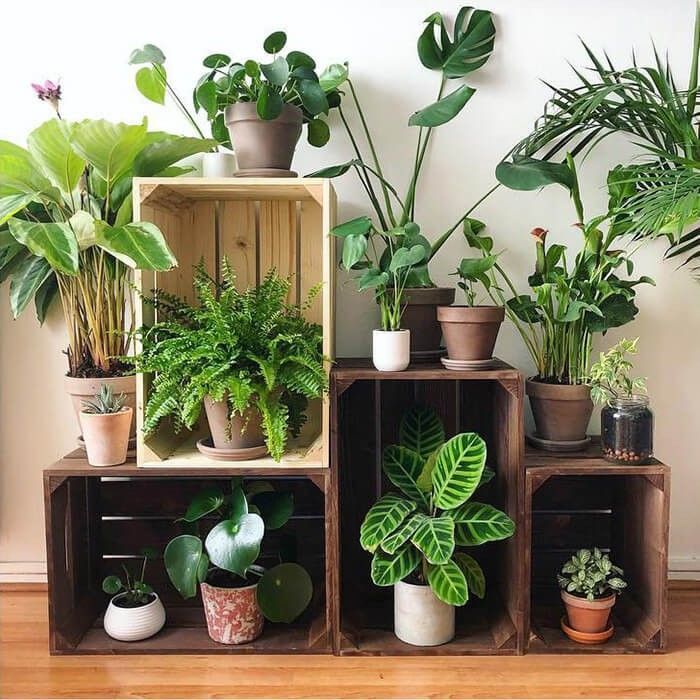
You can choose from a variety of indoor plants to beautify your home with Korean style. Here are some of the most popular options:
- Sansevieria (Mother-in-Law's Tongue): This hardy and easy-to-care-for plant has upright leaves with dark green stripes. Sansevieria is also known to purify the air in the room.
- Monstera Deliciosa (Swiss Cheese Plant): Its uniquely perforated leaves make this plant a home decor favorite. Monstera deliciosa thrives in shady spots with moderate humidity.
- Ficus Elastica (Rubber Plant): With large, glossy dark green leaves, the rubber plant is perfect for adding an elegant touch to a room. Ficus elastica requires adequate watering and does not like direct sunlight.
- Epipremnum Aureum (Pothos): The pothos plant is known for its easy care and air purifying abilities. Besides being planted in pots, pothos also looks beautiful trailing down from hanging pots.
- Chlorophytum Comosum (Spider Plant): This easy-to-care-for and fast-growing plant produces spiderettes (offshoots) that hang down, making it suitable for hanging pots or placing on high shelves.
Transforming Your Space with Charming Pots and Containers
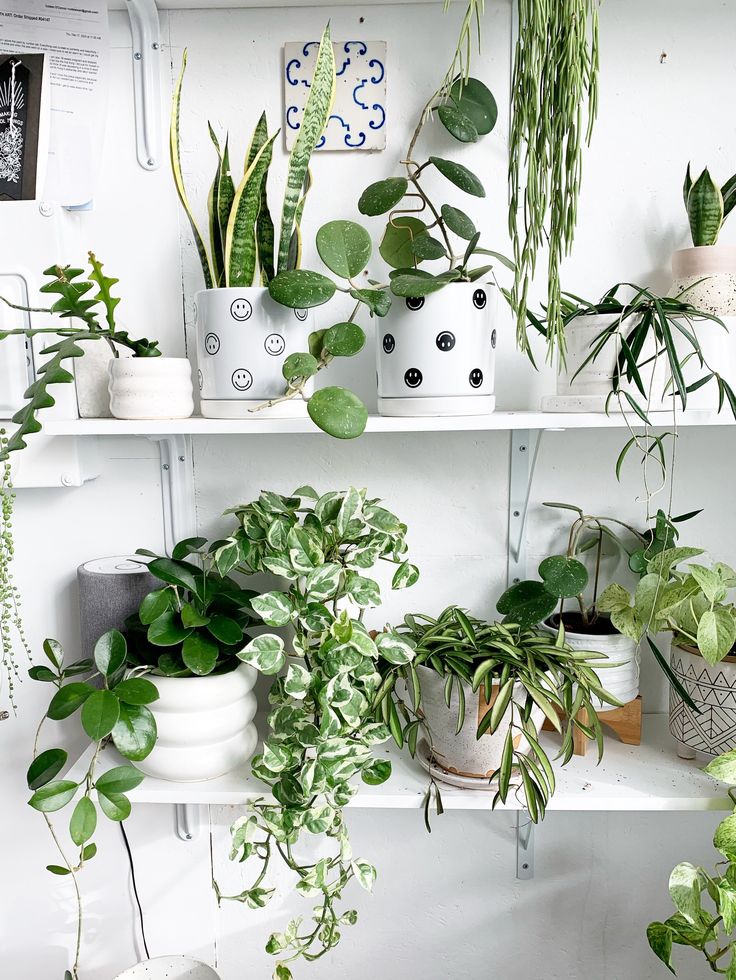
Pots or containers for plants don't only function as a place for them to grow, but also play an important role in enhancing the beauty of indoor plants. The material and color of the pot should be coordinated with your home's décor style.
- Ceramic Pots: A timeless classic material that goes well with various décor styles. Choose ceramic pots in natural colors like white, cream, or brown for a minimalist Korean feel.
- Rattan Pots: The natural material of rattan gives a warm and natural touch. Rattan pots are suitable for plants with large leaves like Monstera Deliciosa or Ficus Elastica.
- Concrete Pots: You can bring a modern industrial vibe by using concrete pots. Choose concrete pots with unique geometric shapes to add a statement to your décor.
- Hanging Containers: Utilize vertical space by using hanging containers for trailing plants like pothos or spider plants. Hanging containers made from ceramic or rattan can further enhance the beauty of the plants.
Arranging Indoor Plants with Simplicity and Balance
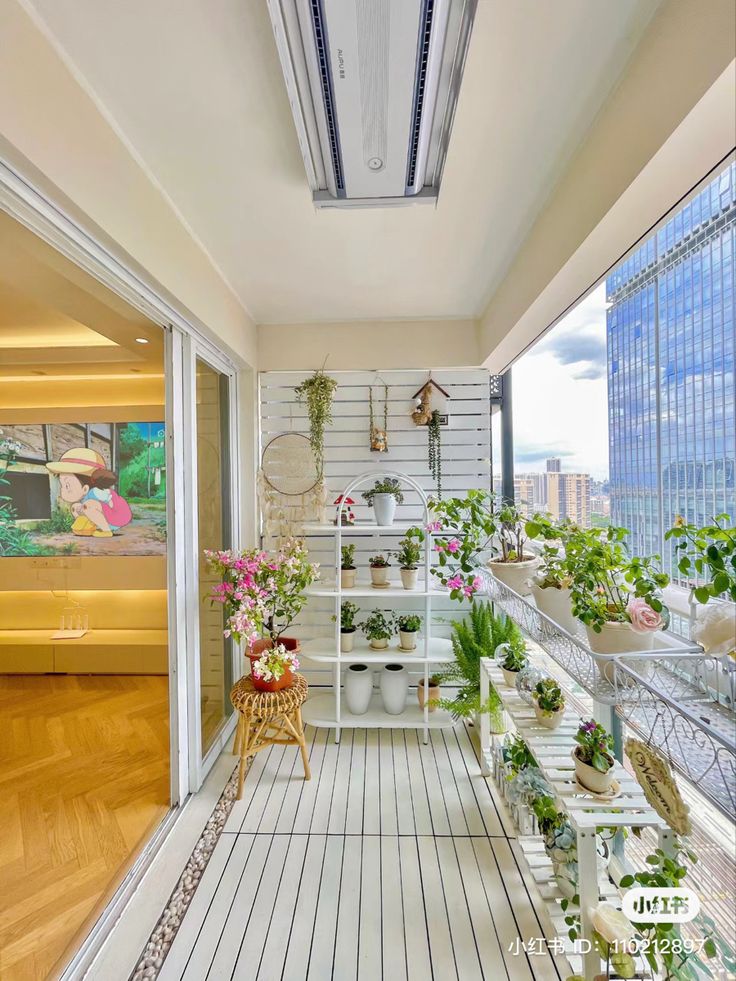
Korean minimalist philosophy is applied to the arrangement of indoor plants. Avoid crowding the room with too many plants. Choose a few high-quality plants and arrange them neatly. Pay attention to the visual balance within the room.
Here are some arrangement ideas:
- A Relaxing Green Corner: Place a few plants in a corner of the room to create a calming mini oasis.
- A Touch of Nature on the Work Desk: Put a small pot with succulents or cacti on your work desk to improve focus and concentration.
- Greenery in the Bathroom: Plants like pothos or spider plants can thrive in the humid environment of a bathroom.
- Space-Saving Vertical Garden: Use hanging shelves or hanging pots to utilize vertical space and create a beautiful vertical garden.
Caring for Indoor Plants: The Key to Long-Term Beauty
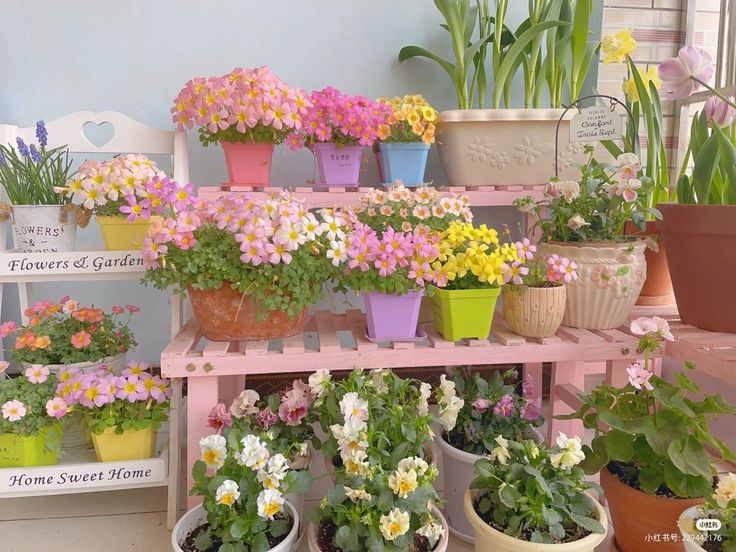
Proper care is the key to maintaining the beauty of your indoor plants. Regularly water, fertilize, and prune them according to the specific needs of each plant type. Ensure the plants receive sufficient sunlight and maintain good air circulation in the room.
Here are some additional tips:
- Water plants adequately: Avoid overwatering, which can lead to root rot.
- Fertilize periodically: Use fertilizer appropriate for the plant type to aid its growth.
- Prune wilted leaves: Pruning helps maintain plant health and encourages the growth of new shoots.
- Watch for pests and diseases: Take preventative measures and treat plant pests and diseases appropriately.
Decorating your home with Korean-style indoor plants not only beautifies your space but also provides health benefits and tranquility. By following these tips, you can create your own personal oasis at home filled with the freshness, naturalness, and tranquility of Korean style.



